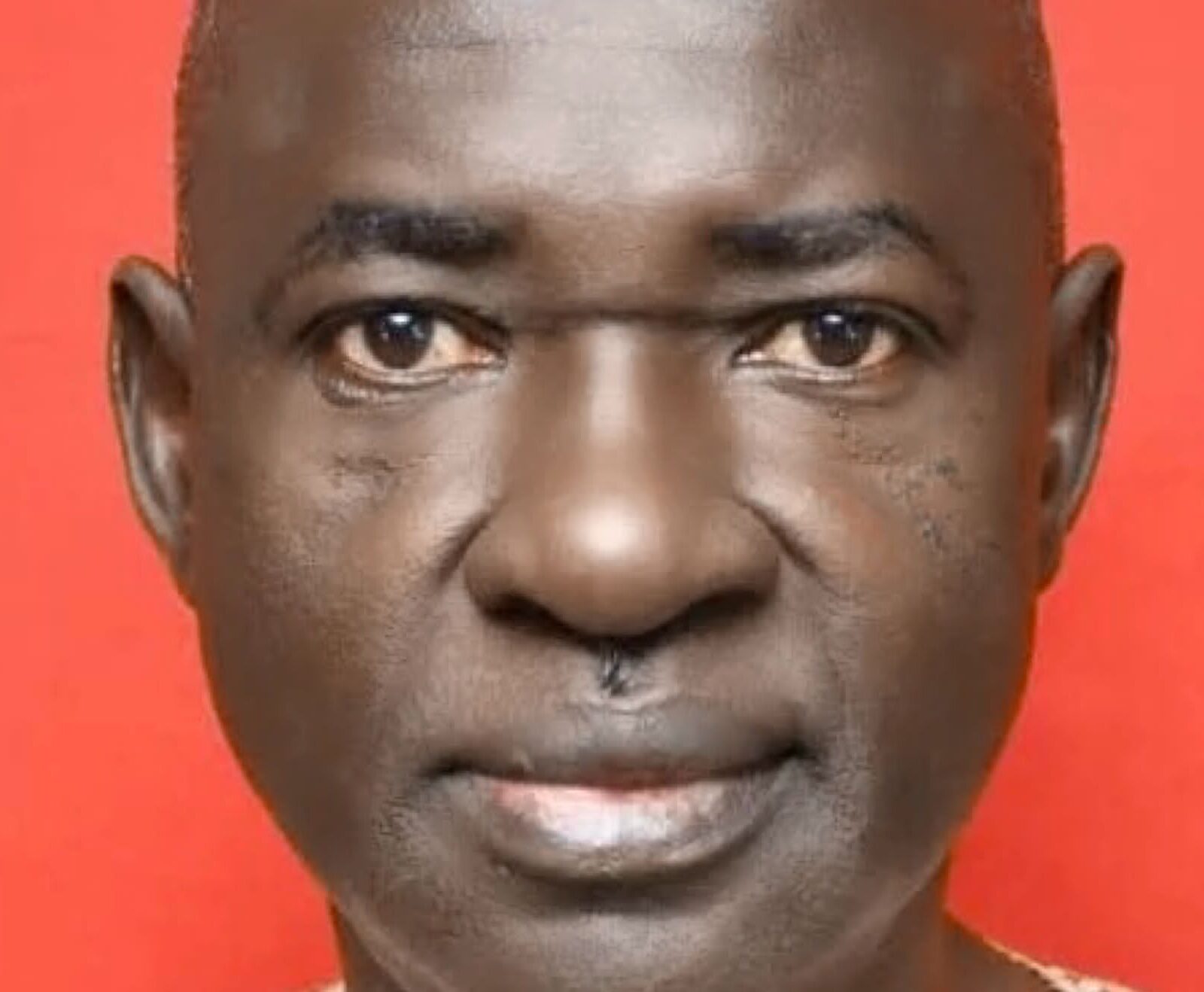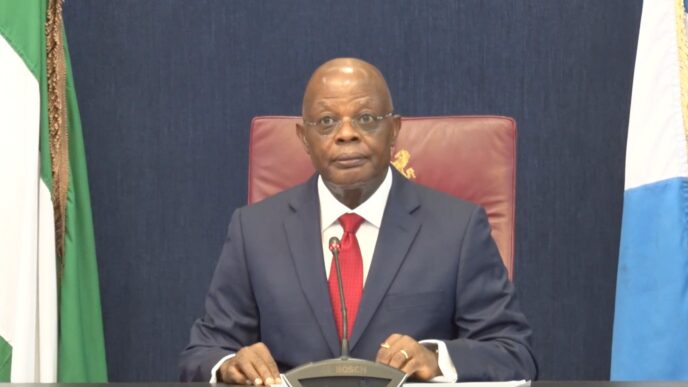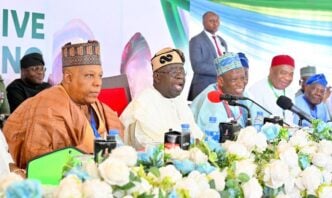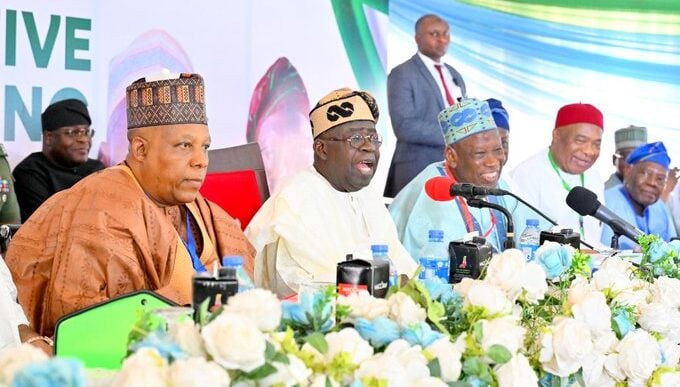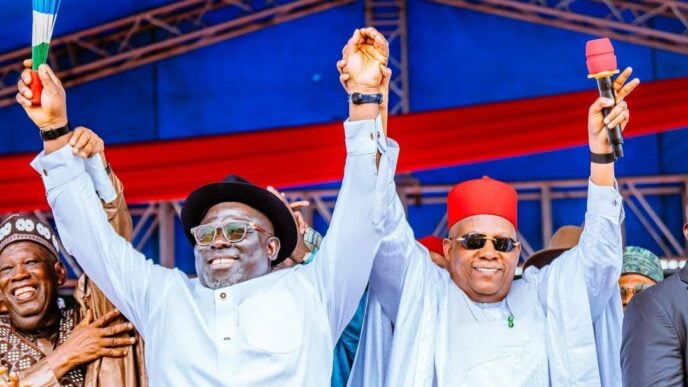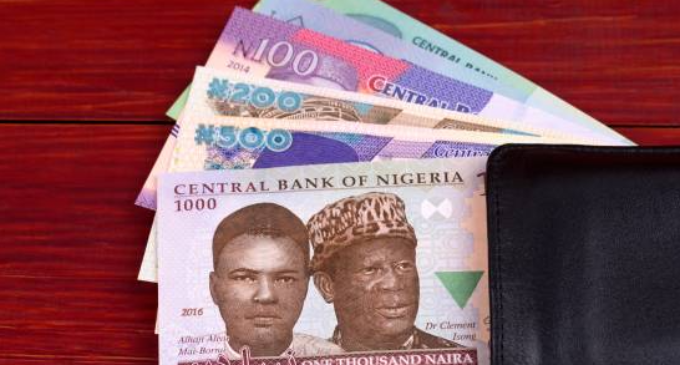“I once asked you to rise and defend yourselves. I’m still repeating it today with more seriousness; rise and defend yourselves. The killers have obtained sophisticated arms; we don’t know where they got the arms. But you people should also seek to get it wherever they get the arms; you must defend yourselves against the killers. You should know that they are well armed to kill you and take over your land. Be ready for them as they are also humans like you.” General Theophilus Danjuma, former chief of army staff and former minister of defence, uttered those words in Takum, Taraba State two weeks ago. He has given similar admonitions over the years in reaction to the reign of terror that has forced itself onto national consciousness with insufficient response from the authorities.
What triggered his latest outburst were the seemingly orchestrated killings of dozens of people in Plateau and Benue states within days apart. As expected, that earned him insults from some Nigerians who, instead of weighing the merits of the matter, went straight for ad hominem. They decided that the man with an accomplished career in the military, who later thrived in several boardrooms across the country, wasn’t qualified enough to speak on such a burning issue directly related to his training; and which has become complicated, defying various approaches. But whichever angle one views it, time has come to, at least, respect the reasons advanced by those who believe that Nigerians should not continue to wait idly for government security operatives to save their lives from cold, senseless deaths in the hands of soulless individuals and gangs.
To begin with, securing one’s own life is a natural right that’s recognised and embedded in national and international statutes. Even the most equipped and well-motivated soldiers and the police are not ubiquitous and, therefore, are not in a position to defend individuals wherever and whenever dangers show up. The first-line responsibility of avoiding harm or confronting its agent(s) rests on the threatened and the frightened. The fact that the nation’s laws make little room for citizens to possess their own weapons actually undermines their capacity to ward off attacks. That makes them ready targets for abuses, torture, displacement and outright elimination. So, the likes of General Danjuma can’t seriously be accused of overreaching themselves or promoting narrow interests.
In the midst of the massive human miseries that have brought entire communities and local government areas to their knees, some persons have become paranoid over the concept of profiling. Two extremes manifest here. One is that owing to numerous reports that attribute terrorism, banditry, kidnapping, mass murders and wholesale sacking of ancestral homelands mainly to Fulani boys and men, some people fail to see the inherent injustice in blanket generalisations. They then open themselves up to blind, misdirected hate. Besides, criminality is one dark side of humanity that can’t be categorised under any particular race, gender, ethnicity, religion or social and economic class.
Advertisement
The second show of hypersensitivity to this ethnic identification is the irritability and anger it has brought to many Fulanis and their sympathisers. This is also an overdrive. It’s obvious that the marauders who speak the language constitute only a minute fraction of Fulani people and really shouldn’t form the basis for any wild labelling. An understanding of this delicate situation and some tolerance by the aggrieved are required at this point, however. Not long ago, Benue State Governor, Rev. Fr. Hyacinth Alia, didn’t hesitate on television to state that the tormentors of his state were speakers of Fulfulde, who might not even be Nigerians. He confidently announced that the killers had stopped hiding under the cover of cattle rearing. According to him, they’re now so emboldened that they raid their target locations, brutalise and, in several cases, kill their hapless preys, set their houses ablaze and return there to occupy.
That brings to question the longstanding narrative of farmer-herder clashes. It’s easy under these circumstances to read all sorts of meanings into the dastardly acts. After the last pogrom in his state, Plateau State Governor, Caleb Mutfwang, was categorical in calling that disaster a genocide. Majority of those who fault these definitive public declarations by the state chief executives do so because they’re not in the line of the protracted tragedies. Or they have simply lost the ability to empathise with distant sufferers. Visualise this: Night time. Unarmed, unsuspecting villagers in bed oblivious of the lurking doom. Armed, heartless, depraved intruders shatter their peace. Not empowered to defend themselves, their property and all. Some slaughtered on the spot. Others escape into the dreadful night with wounds on their backs. Sadists would see them as being cowardly. But the most important factor that separates the hunted from their predators here is access to assorted weaponry. Therein lies Danjuma’s pain, a concern that should bother us all.
The ongoing liberalisation of the largescale atrocities is enough to wake everyone to the dire realities of the moment. Sectional or religious biases are silly and won’t help. These criminals could be wearing some cloaks but it isn’t difficult to see them for who they truly are: merchants of bloodshed and harbingers of diverse other sorrows, devoid of any credible claim to core human values. Outspoken cleric and critic, Isah El-Buba, added another eloquent perspective to the rampaging bandits discourse some days ago. As he put it, “If you go to Benue, you find people killed by these herders. Again, in Nasarawa, you find that people are killed by these herders. When you go to Taraba, you are finding the same people, similar method. You go to Nasarawa, similar people, similar method. You go to Zamfara, similar people, similar method. The best way to deal with these people is that locals should be involved. Just give the locals the right, liberty, and then the backing of the military to move in there. Take sentiments out of it.”
Advertisement
Well put. No sane person should ethnicise any problem of this nature and magnitude. Nigerians are fed up with the absurd and the predictable. The armed forces and police have tried but they’re overwhelmed, many times outnumbered and overpowered. The people’s trust in their readiness to combat the evil men began to wane when stories about being sacked from their own formations could no more be contained. If they have difficulty in defending their fortresses, it’s hard to exclusively entrust them with policing Nigeria’s vast territories.
It’s even worse with our political office holders. Colourless condolence visits of security chiefs to the afflicted and the dehumanised, unfortunate official counsel to traumatised Nigerians to “live peacefully with your neighbours”, promises to “deal decisively” with the menace, mouthing hollow pledges to return the uprooted families to their original homes and their poor attitude to the deplorable conditions in internally displaced persons (IDP) camps have become badges of dishonour to them.
Individuals may still not be allowed to freely own arms but we should arm well-organised security or vigilante outfits not yet captured in government’s security architecture. The argument for state police appears to have been subsumed under the larger clamour for restructuring. But properly safeguarding lives mustn’t be put on hold. Bandits have been lionised for too long because of their unfettered indulgence to possess guns and grenades. Let’s begin with the troubled spots. Let’s administer controlled ownership of self-defence equipment there. Let’s enable our people to fight for themselves with dignity. How much longer should they continue to be dispatched to their early graves like insects?
Ekpe, PhD, is a member of THISDAY editorial board.
Advertisement
Views expressed by contributors are strictly personal and not of TheCable.
